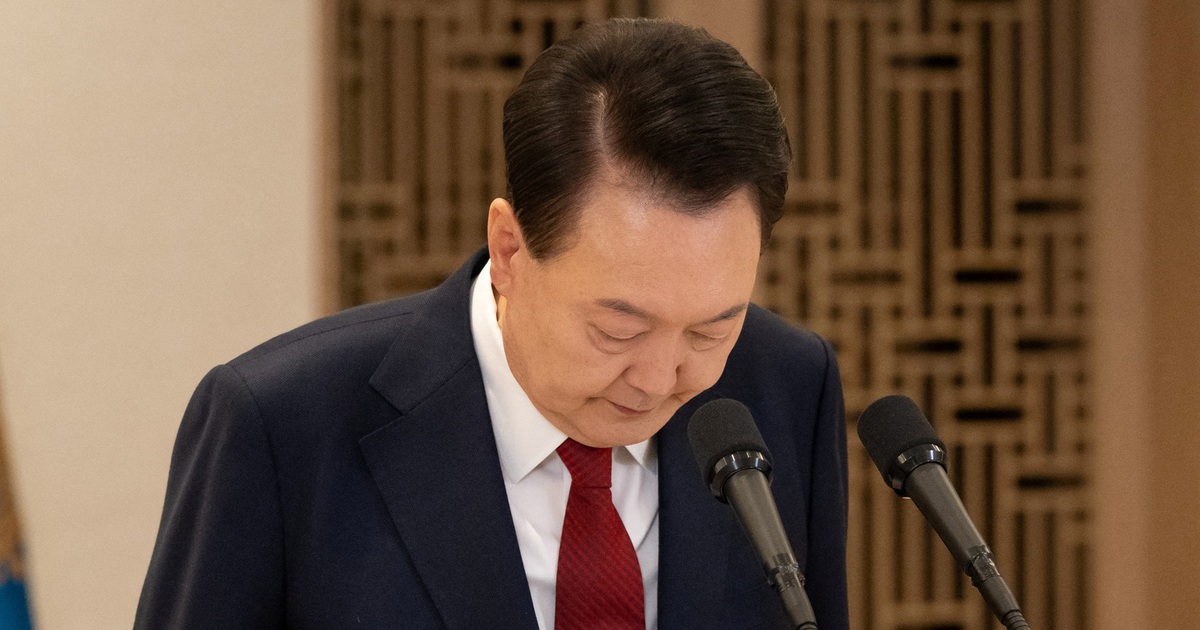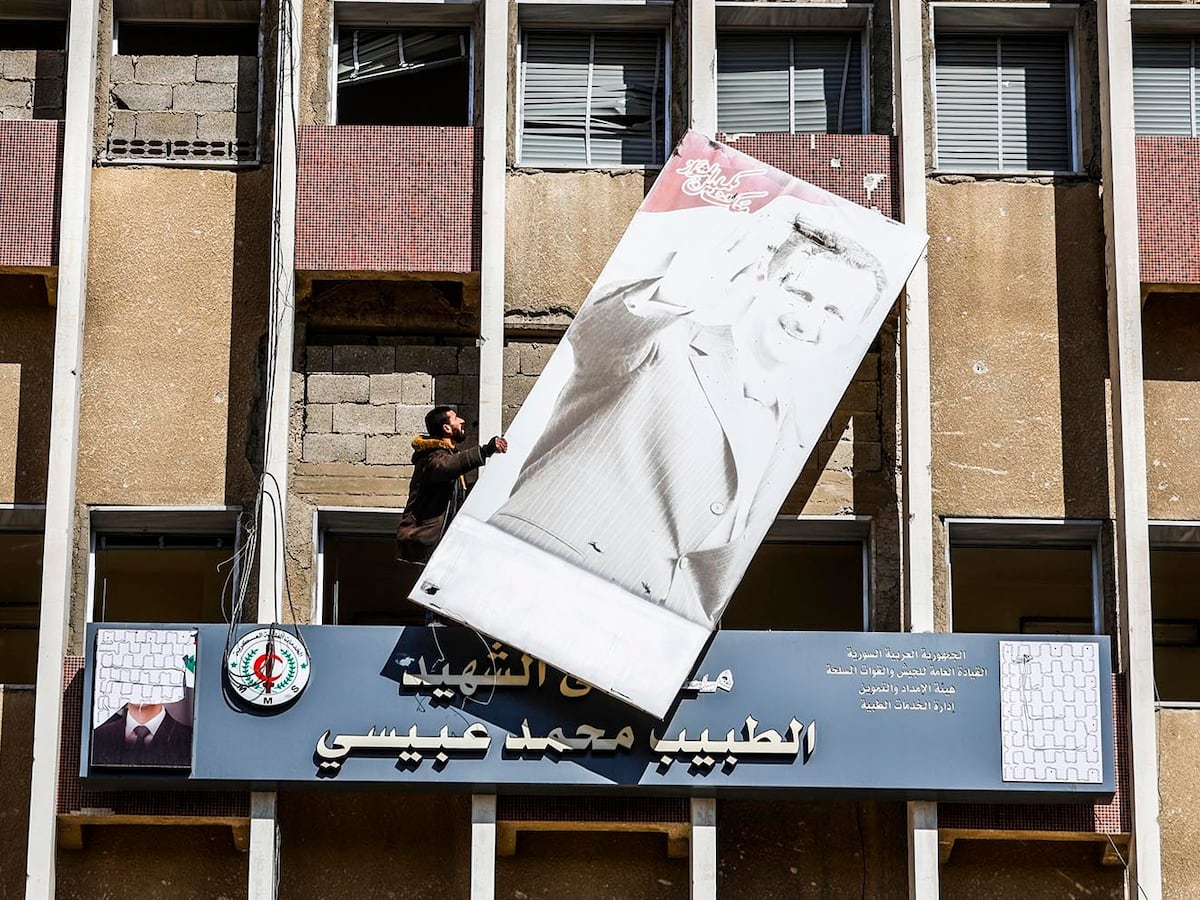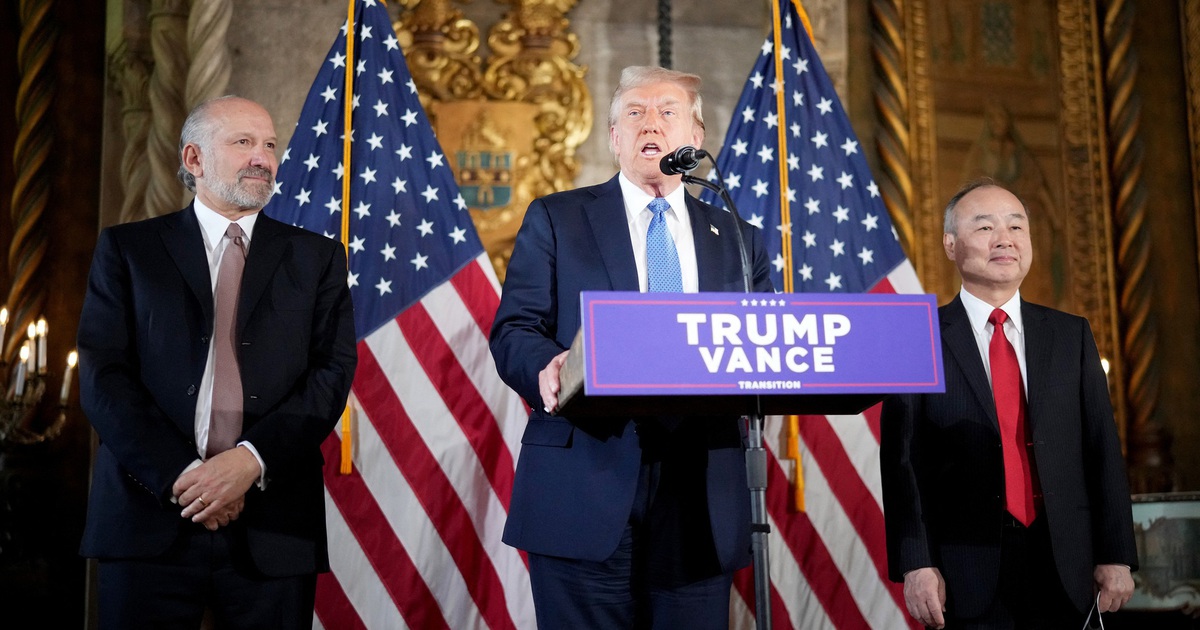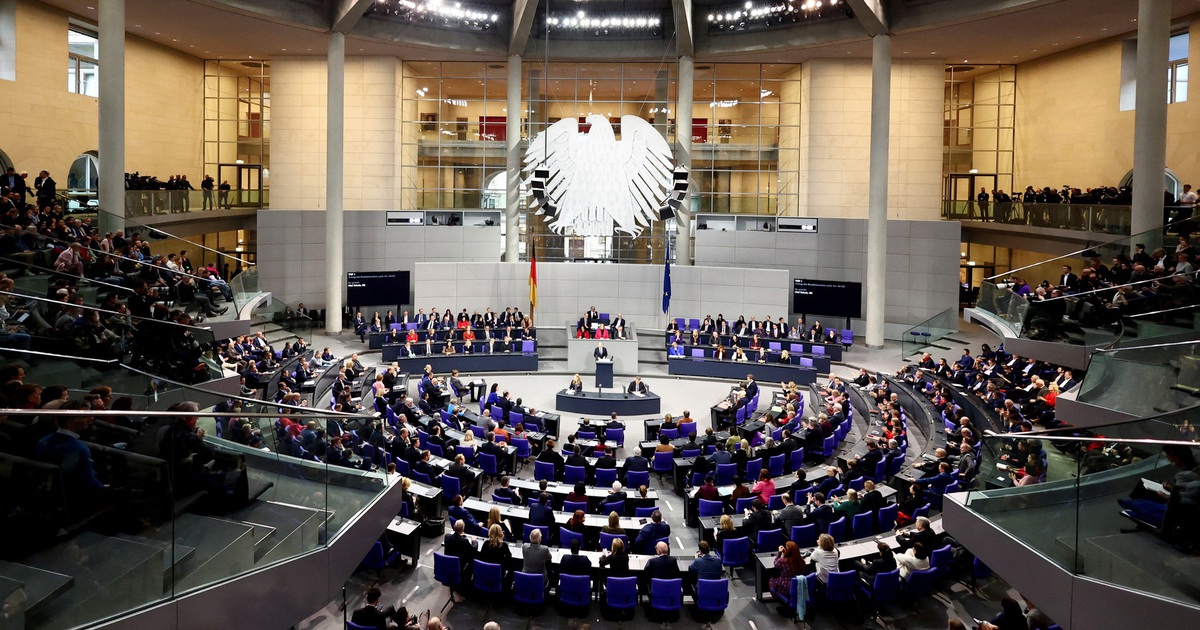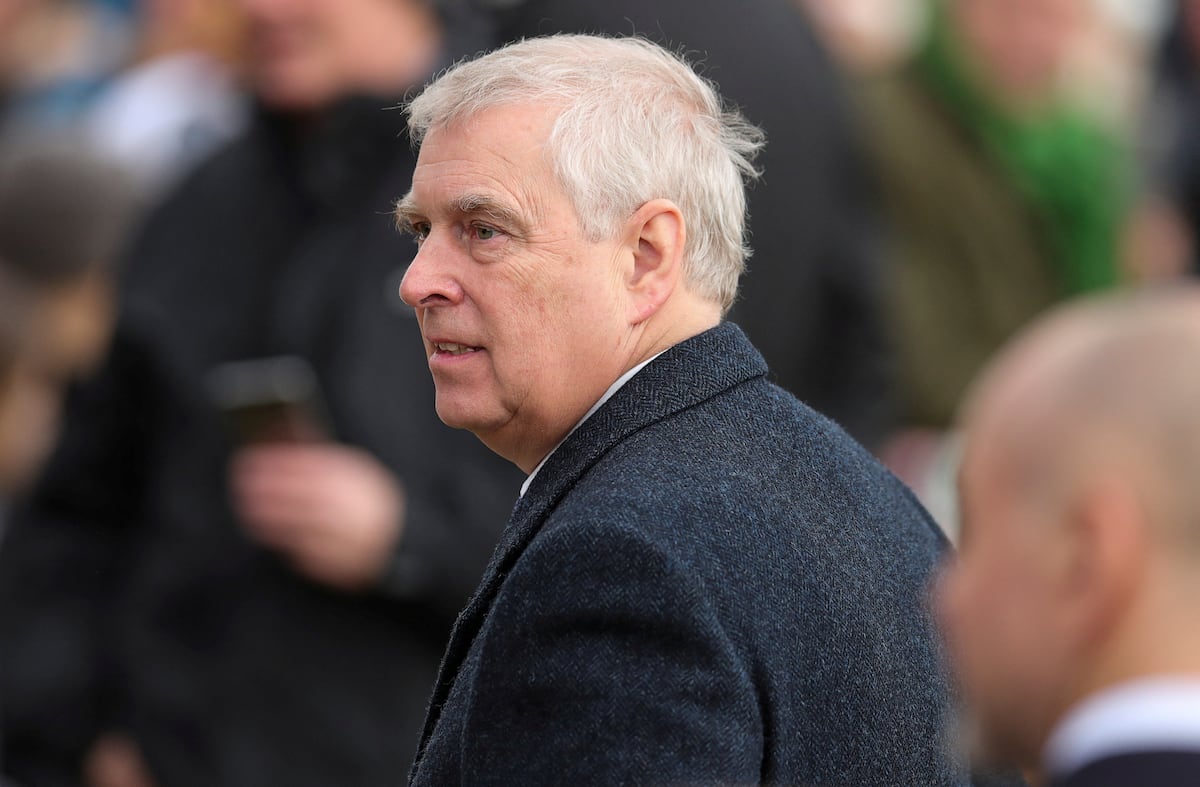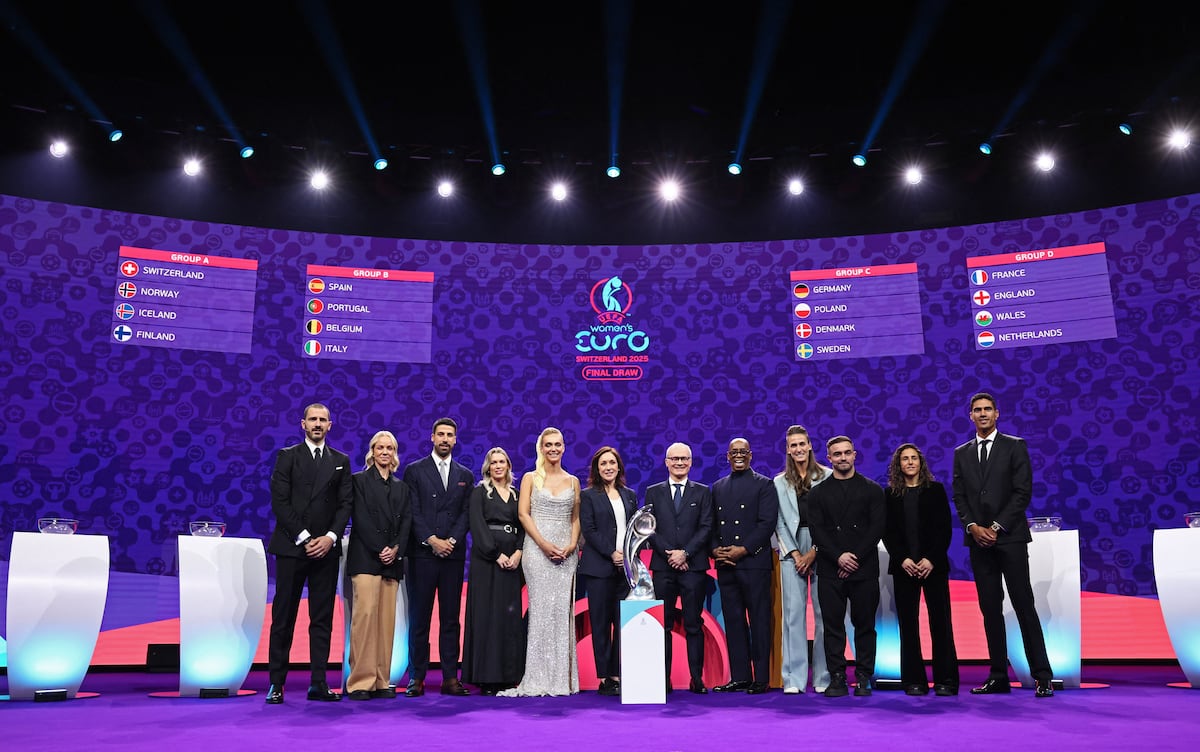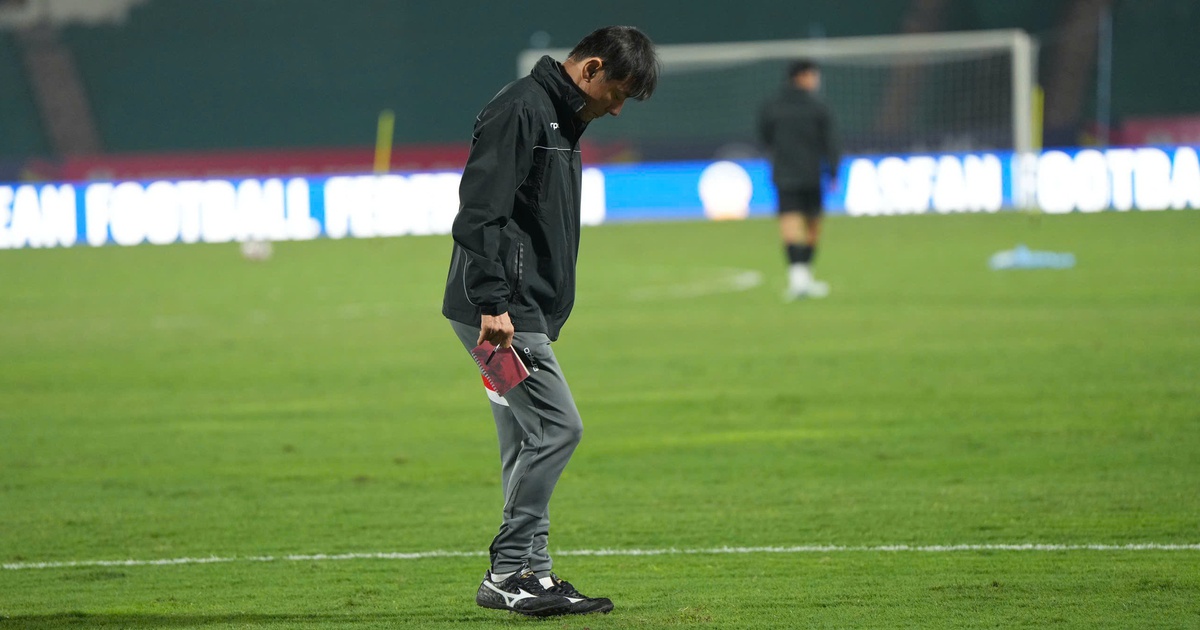Korean President Yoon Suk Yeol was officially suspended from 7:24 p.m. on December 14 (local time).
Yonhap news agency on December 14 quoted Korean President Yoon Suk Yeol as declaring that he would do the best for the country “to the end”, after the parliament passed a decision to impeach him for imposing martial law.
Mr. Yoon made a commitment when facing suspension from his position. “Even though I am pausing now, my journey towards the future with the people over the past 2 and a half years should not stop,” Mr. Yoon said in a public speech recorded at his residence.
“I will carry with me all the criticism, encouragement and support I have received, and I will do my best for the country until the end,” he added.
He called on state officials to be steadfast in their duties under the leadership of Prime Minister Han Duk-soo, who serves as acting president. He also called on the political community to avoid “reckless and confrontational politics” and work to improve political culture.
Then at 7:24 p.m. (local time), President Yoon was officially suspended from office. He is currently unable to exercise presidential powers, pending the Constitutional Court’s debate on whether to remove him from office, in a process that could take up to 180 days.
According to the Korean Constitution, the president has the authority to command the armed forces, sign and ratify treaties, grant amnesty, veto laws, promulgate legal amendments, submit budget proposals and appoint or dismiss state officials.
The most recent impeachment of a president in South Korea took place in 2016 when former President Park Geun-hye was voted out of office. It took 91 days for the court to approve the parliament’s impeachment request against Ms. Park. As for former President Roh Moo-hyun, the court rejected the congressional impeachment request in 2004, after 63 days of deliberation.
In related developments, acting President Han on December 14 announced that he would not leave any gaps in state affairs. He said the entire cabinet will work hard to maintain the trust of the US, Japan and other partners, according to Reuters.

